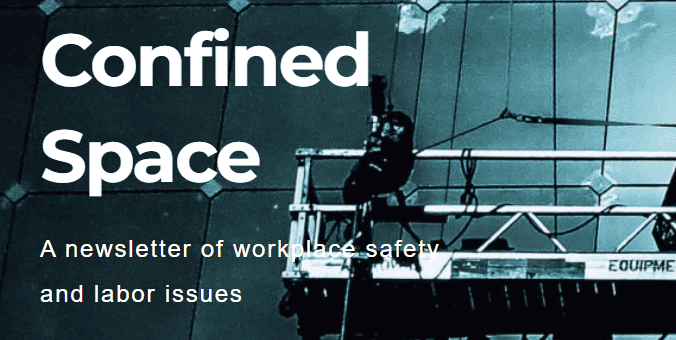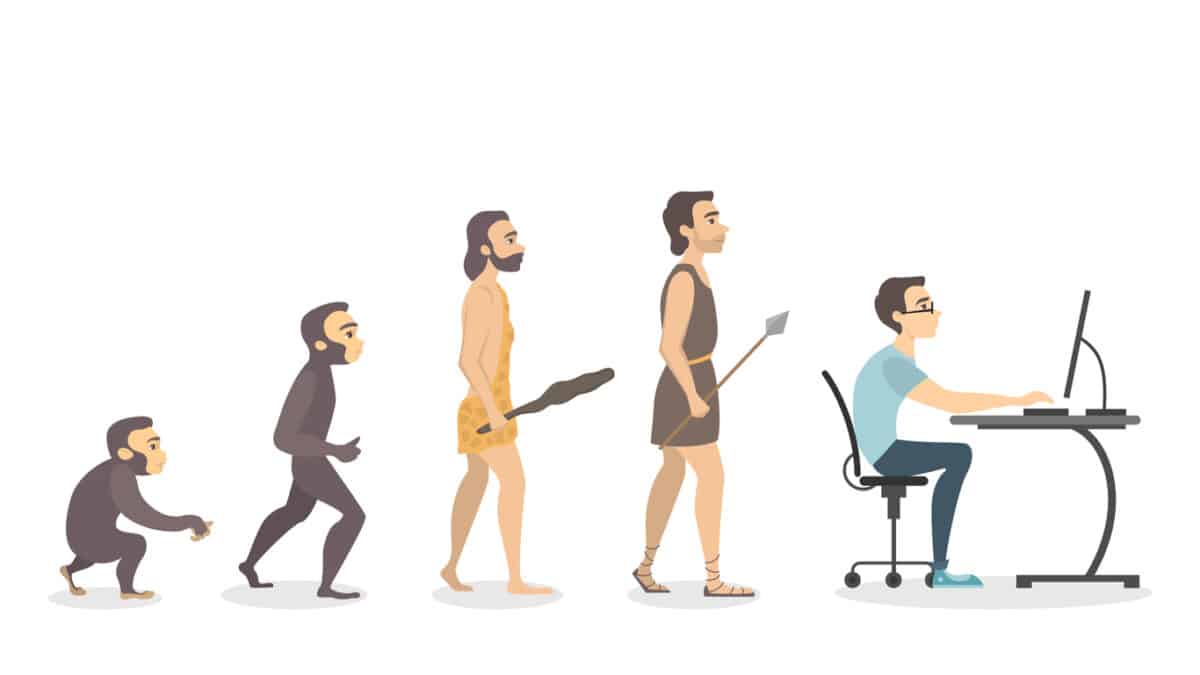Jordan Barab is a major voice in occupational health and safety (OHS) in the United States. This year he chalks up 20 years of his Confined Spaces blog. His latest year-in-review article includes a political perspective that Australian OHS professionals and institutions should consider.
Category: union
An industrial relations perspective on psychosocial hazards
The prevention of workplace psychosocial hazards will be an increasing issue of concern and debate in 2024 as more Australian jurisdictions re-emphasize the application of occupational health and safety (OHS) laws to this insidious hazard. That debate requires a broad range of voices to better understand prevention strategies and to assess existing strategies that have failed or impeded progress. Emeritus Professor Michael Quinlan is one such voice, especially in his recent article, “Psychosocial Hazards: An Overview and Industrial Relations Perspective”.
[Note this article discusses work-related suicide]
Rory O’Neill provides a spark
Rory O’Neill was a member of a panel at the 23rd World Congress for Safety and Health at Work, ostensibly, about Safety in Design in high-risk industries. It is fair to say he was expansive, engaging and provocative. It was a rare opportunity to hear him speak in person. Below are some examples of his challenging and, in some ways, traditional approach to occupational health and safety (OHS).
Arguing over the WorkCover scheme’s viability again avoids harm prevention
The Victorian Parliament has been debating legislation the government claims is essential to fix a “broken” workers’ compensation system. There are a lot of elements to what is broken – premium increases, political access to WorkSafe finances, political topping up of WorkSafe finances, high numbers and costs for workplace mental health compensation claims and more. What is largely missing is a discussion on the prevention of mental health injuries at work.
You pay peanuts, you get monkeys
A recent Crikey article quotes a Qantas pilot saying “you pay peanuts, you get monkeys”. Australian businesses are gfighting asgainst wage increases, so they must want to employ “monkeys”.
Australia is engaging in its ritual industrial relations (IR) arguments about productivity, pay and conditions. Business concerns are that the IR changes will increase business costs beyond the point of sustainability (ie. Profitability), as always. Trade unions want improved worker pay and conditions.
RUOK? needs a refresh
RUOK? Day is held in September each year in Australia. The workplace suicide awareness campaign has been very successful, but over time, I have observed a decline in effectiveness, certainly at the local communication level. It may be a victim of its own success as almost all awareness campaigns struggle to maintain their original freshness. Perhaps it is time for a change. Perhaps that change is being forced upon us.
There’s more to the Right to Disconnect than just ignoring the boss
The Australian Labor Party (ALP) conference has endorsed the concept of the right-to-disconnect, according to an article in The Australian. Sadly, the reporting on the change has a dismissive tone on what is an attempt to address the increasing costs of mental health at work. Readily accessible and recent survey data on the right-to-disconnect could have been used for a fuller analysis.
Journalist Ewin Hannan wrote:







